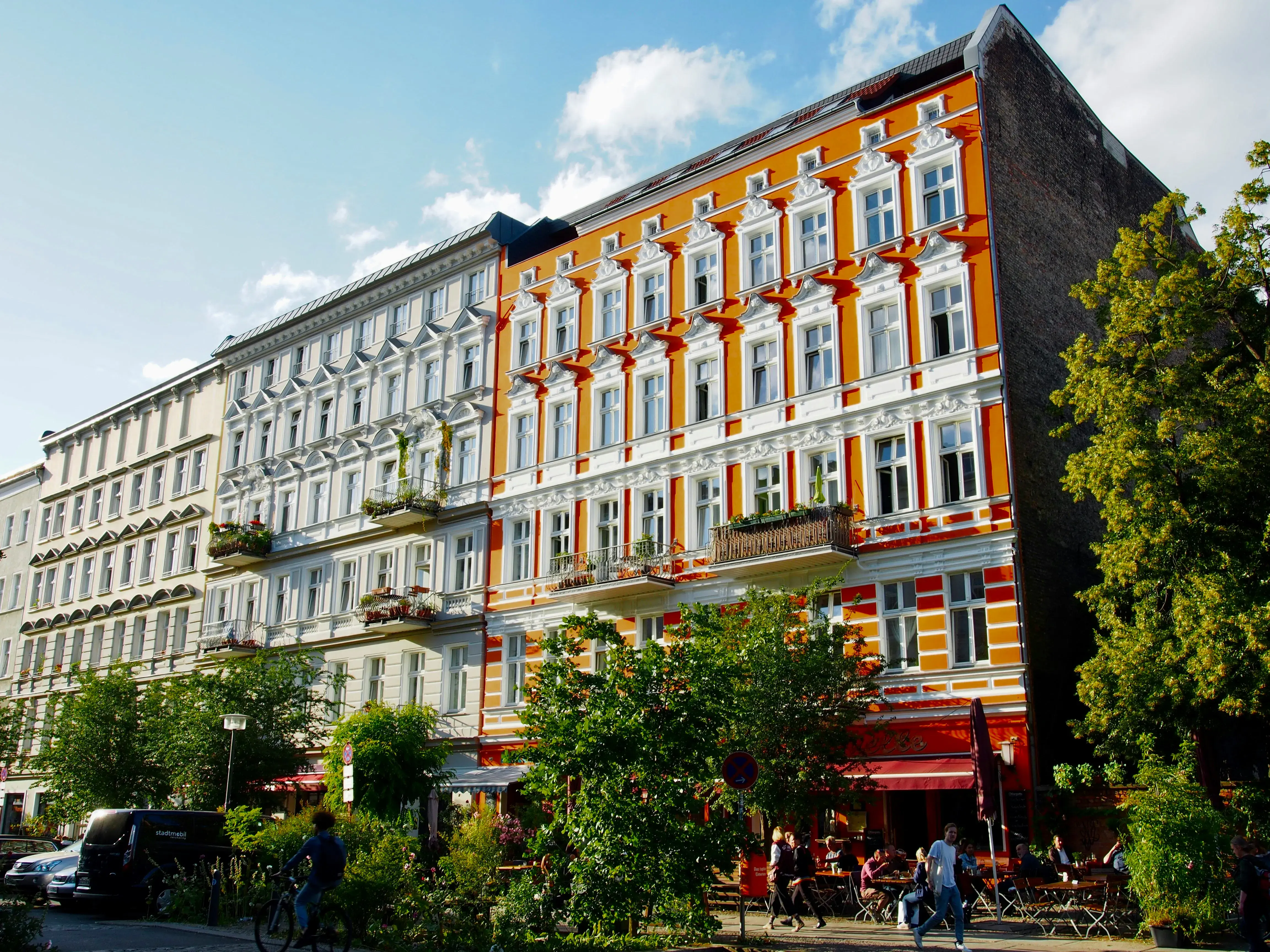
June 26, 2025
Finding an Apartment in Berlin – Your 2025 Budget Guide
Finding an apartment in Berlin continues to be a significant challenge in 2025—especially if you're on a tight budget. However, with the right strategy, realistic expectations, and some flexibility, affordable housing in the capital city is still within reach. This budget guide will help you successfully find an apartment in Berlin without overstretching your finances.
How Much Rent Can You Afford?
A good rule of thumb is to allocate a maximum of 30–35% of your monthly net income to rent. For instance, if your monthly net income is €2,000, you should budget around €600–700 for rent. Remember to account for utilities, which can vary depending on the location and condition of the apartment.
Affordable Neighborhoods: Where to Look?
While sought-after areas like Mitte, Prenzlauer Berg, or Kreuzberg come with high rental prices, other neighborhoods offer more affordable housing:
Lichtenberg & Marzahn-Hellersdorf: Often underestimated but featuring solid infrastructure and lower rents.
Spandau: Historically grown area with many green spaces and attractive rental prices.
Reinickendorf: Family-friendly, quiet, and affordable.
Neukölln: Beyond the trendy neighborhoods, you'll find budget-friendly options.
These districts provide an excellent balance between accessibility and rental affordability.

Tools & Platforms: How to Find Affordable Apartments
Use specialized platforms to help you find budget-friendly apartments:
eBay Kleinanzeigen: Private listings often without broker fees.
Waitly: Subscribe to interest lists and receive direct invitations to viewings in your mailbox. It couldn't be more stress-free.
Immobilienscout24: Use filters by price and location to find suitable listings.
Immowelt: Numerous listings, including private landlord offers.
Tip: Apply search filters to receive only the most suitable listings.
Tips for Applying: Impress Your Future Landlord
A compelling application is crucial in a competitive housing market:
Prepare your documents: Have income statements, a credit check (Schufa), and a rent-debt-free certificate ready.
Personal cover letter: Briefly introduce yourself and explain why you're the perfect tenant.
Punctuality and enthusiasm: Be on time for viewing appointments and demonstrate genuine interest.
A well-prepared application significantly boosts your chances.
Alternative Living Options: Shared Apartments or Temporary Rentals
If you're flexible, these options may help:
Shared apartments (WG): Ideal for students and young professionals to share costs.
Temporary rentals: Short-term solutions for brief stays.
Housing cooperatives: Often cheaper but may come with waiting lists.
These alternatives offer a practical entry into Berlin’s housing market.
Conclusion: Successfully Finding an Apartment in Berlin
Finding an apartment in Berlin is achievable if you approach it strategically. Define your budget, select affordable neighborhoods, and use various platforms. With a well-prepared application and flexibility, you can successfully secure your new home in Berlin even in 2025.